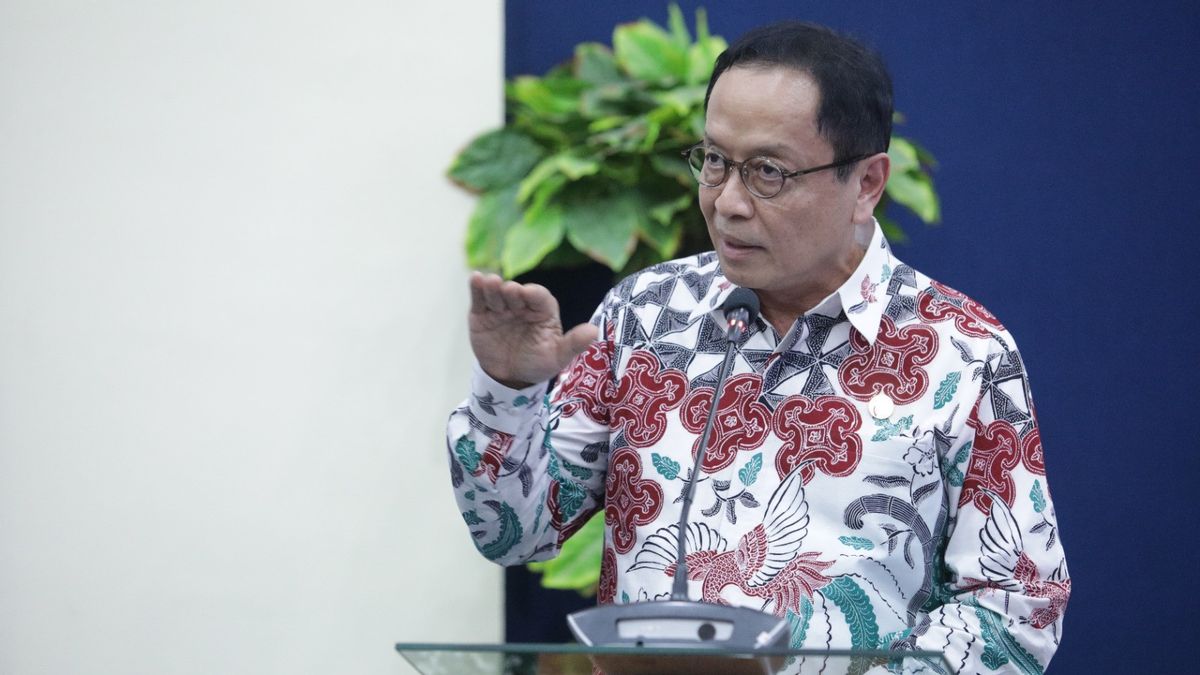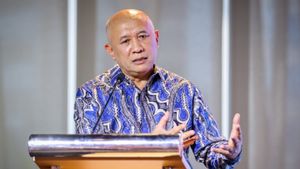JAKARTA - The Financial Services Authority (OJK) continues to strive to develop the Islamic banking industry by utilizing the uniqueness and peculiarities of Islamic banking which has advantages over conventional bank products.
OJK Banking Supervision Chief Executive Dian Ediana Rae said that this advantage needs to be maximized so that Islamic banking can have a more positive impact on the benefit of the community and the national economy.
According to Dian, Islamic banking should be an alternative to conventional banking services and not merely a choice of basic principles, such as sharia principles that use product sharing or conventional ones based on interest rates.
"We are currently trying to direct sharia banks to provide alternative Islamic banking products that are not a shadow of products that already exist in conventional banking," said Dian in his statement Tuesday, November 7.
Dian said that various policies have been issued by the OJK to encourage the development of sharia banking with relevant stakeholders through several initiatives such as improving the structure of the Islamic banking industry through consolidation and spin off sharia business units (UUS).
Furthermore, through strengthening the characteristics of Islamic banking which can further highlight more rational business model innovations, as well as approaches to more humane customers
Then, product development is unique and emphasizes the peculiarity of Islamic banks, so that it can provide added value for the community to increase the competitiveness of Islamic banking.
Dian said the next policy is to increase the role of Islamic banks as a catalyst for the sharia economic ecosystem so that all sharia economic activities, including the halal industry, can be served optimally by Islamic banking.
"The fifth is increasing the role of Islamic banks in social impacts through optimizing Islamic social financial instruments to increase social value for Islamic banks," he explained.
For information, until August 2023, Islamic banking was recorded to have total assets of IDR 817.6 trillion with a growth of 9.79 percent yoy and had contributed a share of the Islamic banking market of 7.26 percent.
Dian added that the growth in Islamic banking assets was supported by the growth of Islamic banking Third Party Funds which reached IDR 632.87 trillion or grew 6.91 percent yoy with total financing disbursed of IDR 540.77 trillion or grew 11.77 percent yoy.
SEE ALSO:
Furthermore, Dian said, the development of Islamic banking so far is still inseparable from the various challenges that must be faced and resolved systematically and consistently.
According to Dian, these challenges include low levels of Islamic banking literacy and inclusion, relatively small business scale and lack of differentiation of business and product models, low contribution and impact of Islamic banking on economic and social development, and the need to strengthen the application of sharia principles.
The English, Chinese, Japanese, Arabic, and French versions are automatically generated by the AI. So there may still be inaccuracies in translating, please always see Indonesian as our main language. (system supported by DigitalSiber.id)
















